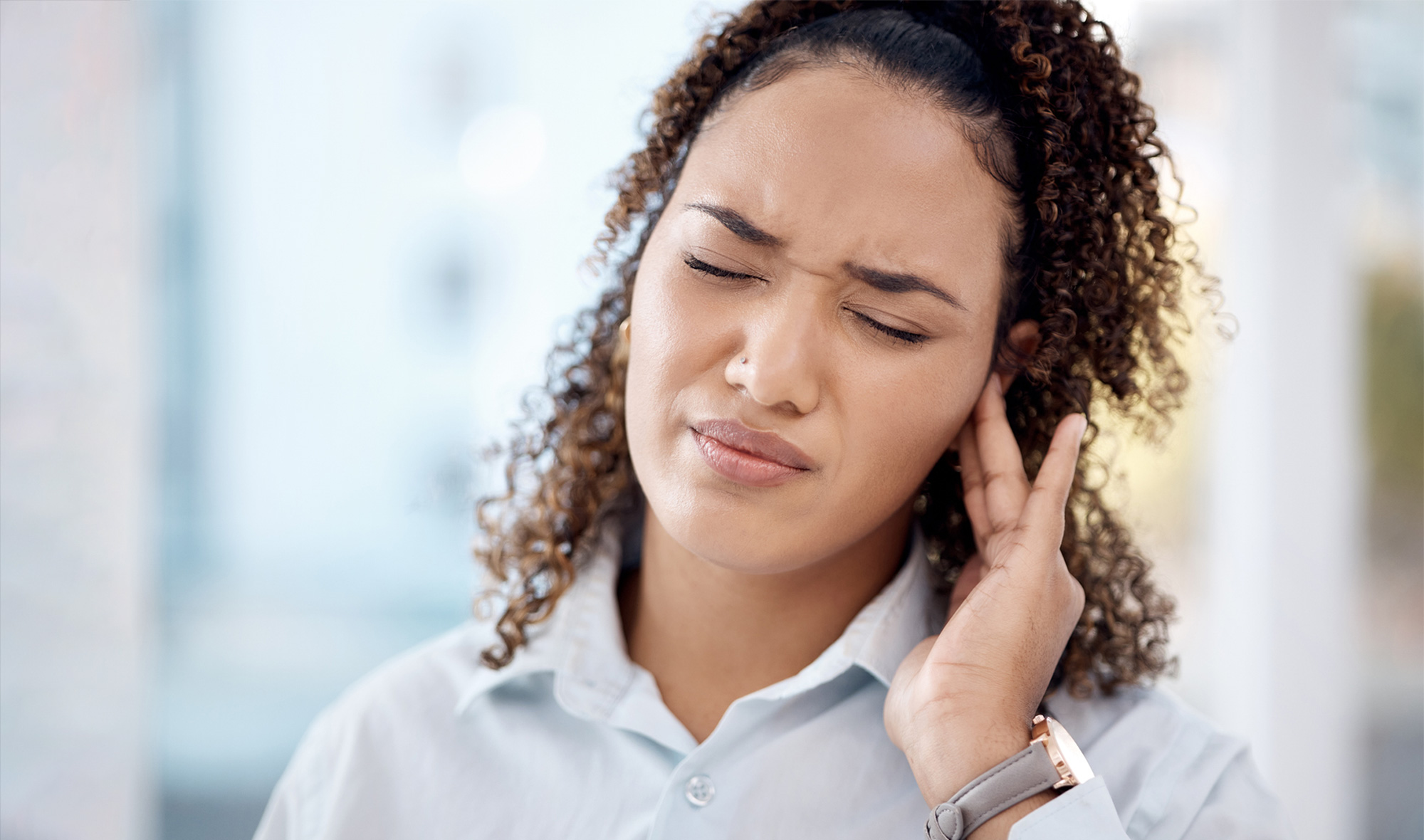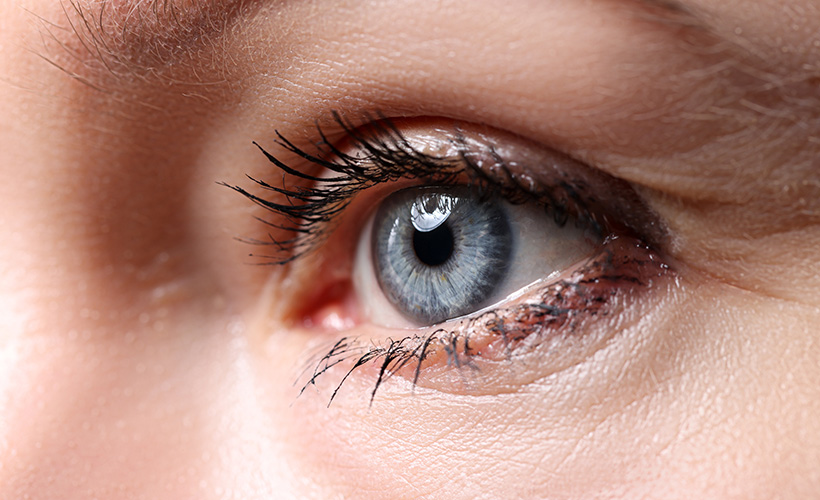Have you ever experienced a feeling that you are moving or your surroundings are moving even though in reality everything is stationary? If so, that’s vertigo – described as a sensation of spinning or falling. People experiencing vertigo can feel dizzy or unsteady, like they are about to lose their balance, even finding it hard to walk or stand. The sensation can range from mild to severe, and for some people they can feel very nauseous or vomit. Vertigo is not a disease itself, but actually a symptom of an inner ear disorder.
Are there any other symptoms?
Tinnitus (ringing in the ears), hearing loss or ear pain can also appear with vertigo.
It can come on quite suddenly which can be really scary, with people feeling quite out of control of their bodies. A bout of vertigo may come and go quickly but sometimes it can be persistent and really interrupt normal daily activities.
What if it’s not just vertigo I am experiencing?
There are some red flags that can occur in conjunction with vertigo. If you are experiencing any of the following as well as vertigo, call 111:
- trouble swallowing or speaking
- difficulty walking or falling over
- blurry or lost vision
- hearing loss on one side
- hot, shivery, very high temperature
- severe headache or neck pain
- numbness, tingling or weakness in arms/legs.
Can medication help?
Yes there are some prescription medicines available that can help, but it depends on the cause of vertigo. The three most common types of vertigo are:
1. Benign paroxysmal positional vertigo (BPPV)
- Can be triggered by sudden changes in head position
- Small calcium crystals in the inner ear come loose and move into another part of the inner ear, floating in the inner ear fluids. These crystals respond to gravity. When they move you get nystagmus (repetitive eye movements) and dizziness.
- Vertigo can last about one minute but people can keep having episodes for weeks or months without treatment.
- BPPV can increase fall risk.
- Treatment – special exercises called Canalith Repositioning (aka Epley Manoeuvre) are very effective, often helping after the first session. The exercises help to remove the crystals that are trapped in the inner ear. People also need to get out of bed slowly and avoid looking up.
2. Labyrinthitis and vestibular neuritis:
- With vestibular neuritis the vestibular nerve in the inner ear gets inflamed. This nerve carries messages to the body about the movement of the head, and is very important in maintaining balance.
- With labyrinthitis, inflammation involves the auditory and vestibular nerves causing vertigo, dizziness and nausea. Labyrinthitis can also cause hearing loss and tinnitus.
- Vertigo can last hours to days and usually improves within one to three weeks, although some people suffer long-term problems with balance.
- Both labyrinthitis and vestibular neuritis are usually caused by a virus. Occasionally a bacterial infection may be the cause.
- Treatment – sometimes the underlying infection needs to be treated, although both conditions can get better without treatment over several weeks. Tiredness and alcohol both make the conditions worse. Vestibular rehabilitation therapy can help.
- Medicines such as prochlorperazine or scopolamine can help ease nausea and vomiting.
3. Meniere’s Disease:
- Causes episodes of vertigo along with hearing loss and the feeling of fullness or pressure in the ear.
- An attack can last one to 24 hours, occurring every few days to every few weeks or months.
- As the disease progresses, hearing loss becomes permanent. Unfortunately, there is no cure.
- Treatment – following a low-salt diet can help, along with limiting caffeine and alcohol. Sound therapy and CBT to cope with tinnitus, hearing aids for hearing loss, physiotherapy for balance problems can ease symptoms.
- Medicines such as prochlorperazine can help with dizziness. Betahistine can decrease fluid in the inner ear and stop symptoms developing further. Betahistine doesn’t always stop all vertigo but it can decrease the severity and frequency of attacks.
There are many other potential causes of vertigo and it can be quite tricky to pinpoint the cause in some people. Vertigo can indicate more serious disorders such as an infection, stroke or circulation problems. Anxiety, the hormonal changes of perimenopause and menopause, middle ear infection, migraines, multiple sclerosis, head injuries or tumours as well as medicines such as diuretics, antibiotics and antiepileptics are all possible causes in addition to the three main causes described above. Recurring or severe vertigo symptoms should always be checked by a doctor.


















Community